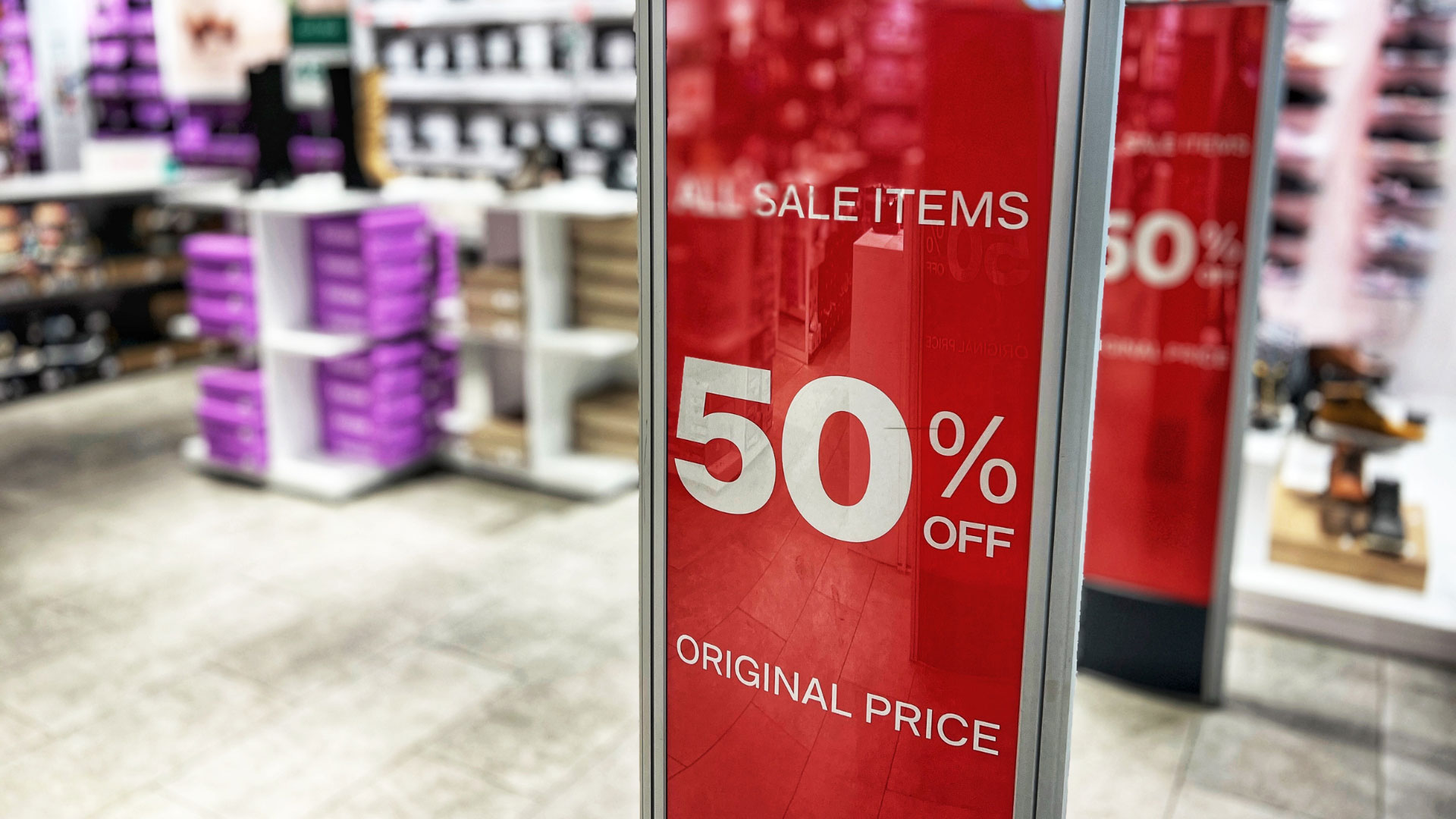
Fake Discounts Class Action Lawsuits: What You Need to Know
Consumers are always interested in good deals and savings opportunities. Unfortunately, the practice of offering fake discounts has led to a rise in fake discounts class action lawsuits against companies using these deceptive tactics. This trend concerns those seeking genuine deals and highlights the need for vigilance among shoppers to avoid scams that may appear to help them save money on their purchases.
If you have ever felt cheated by a fake discount scheme, you should know that you are not alone. Many consumers have fallen victim to this unethical marketing tactic over the years, and the consequences can be significant for the company in question.
Fake discounts are a common tactic used by retailers to entice consumers to make purchases. These discounts may be advertised as a percentage off the original price, but in reality the original price may be artificially inflated in order to make the discount appear more significant than it actually is. This practice is known as “false reference pricing” and can be deceptive to consumers.
Examples
Kohl’s Class Action Lawsuit
One recent example of a fake discount class action lawsuit involves the retailer Kohl’s. The company was served with a class action lawsuit in 2020, which alleged that the company engaged in false reference pricing by advertising fake discounts on its products. The lawsuit claimed that Kohl’s regularly inflated the original prices of its products, before then offering consumers discounts that were not as significant as advertised. The case is still ongoing.
Lobby Hobby Class Action Lawsuit
Going back a few years, Hobby Lobby was served with a class action lawsuit in 2018, due to similar allegations. It was believed that the company had engaged in false reference pricing by advertising fake discounts on its products. Just as in the example with Kohl’s, this lawsuit also claimed that Hobby Lobby regularly inflated the original prices, before offering discounts that suddenly looked like a great deal. Hobby Lobby settled the lawsuit for $6 million and agreed to change its pricing practices.
Advice for Consumers
In order to stay safe as a consumer, there are a few things you can do before making a purchase. If you believe you have been deceived by a fake sale or discount such as a fake “Countdown Clock” on a website, please contact Shamis & Gentile, P.A. for a FREE case review as you me be entitled to compensation.
Research the Original Price
Before making a purchase based on a discount, research the original price of the product. If the original price seems inflated, the discount may not be as beneficial as you might think. This is relatively easy to do with brand names in retail, but can be more difficult with certain products. Due diligence is key when researching original prices.
Be Wary of Certain Countdown Clock Tactics or Sale Text
Retailers and companies often use a countdown clock on their site to make it seem as if you only have a limited amount of time to receive the offered discount. In many cases, these countdown clocks are permeant and always offered. This is just another tactic companies use to deceive you into make a purchase. Other companies use phrases such as “up to” when mentioning a certain percentage, may be engaging in false reference pricing. This is a common tactic of somewhat safeguarding the company’s liability, but in practice this can still be considered as fake sales or discounts. Be sure to read the fine print and understand the actual discount being offered, before you choose to buy your product.
Submit a Claim and File a Complaint With Shamis & Gentile
It is possible and even encouraged that you to submit a claim with Shamis & Gentile, P.A. for a free case review, if you believe that you have been a victim of false reference pricing. Not only will this help your own situation, but it might also protect other people and bring more attention to the issue.
Join a Class Action Lawsuit
Finally, a class action lawsuit can be filed against a retailer for false reference pricing. This option means that you might be able to join an ongoing lawsuit, or even start your own, and thus receive compensation for any harm you experienced as a result of the pricing strategy.
These lawsuits gather multiple affected parties in the same lawsuit, making the process more manageable and less stressful.
Contacting a professional law firm in order to safeguard your interests is a good idea if you are considering taking action. If you believe you purchased an item from a website that offers a Fake Sale or discount, contact Shamis & Gentile, P.A. today for a free case review involving fake discounts class action lawsuits. You may be entitled to compensation.

Shamis & Gentile, P.A. has Won Eight Figure
Settlements for our Clients
Eight Figure
Settlements for our Clients
Outstanding legal services to class members across the country. Offices in Florida, New York, Texas, Georgia, Ohio, Illinois, Arizona, Missouri, and Washington. We have recovered over $500 million with over 100,000 cases litigated.
$12.5
Million
Spam Text Message
$11.45
Million
Spam Text Message
$7.00
Million
Spam Text Message





